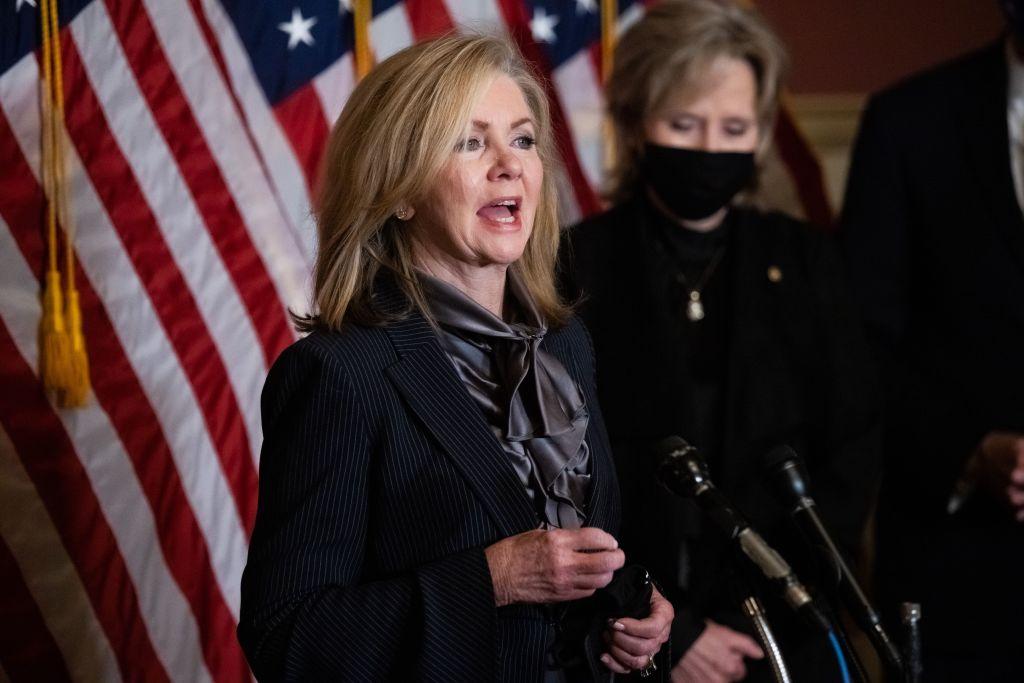Four senators have introduced a bill demanding greater scrutiny over the sister city programs between the United States and China.
The United States has 157 such partnerships with Chinese communities, according to Sister Cities International, a U.S. nonprofit that serves cities, counties, and states with sister relationships.






